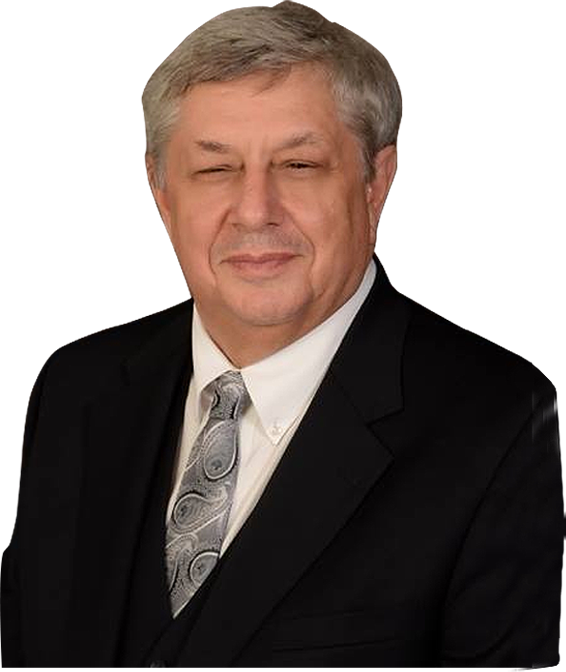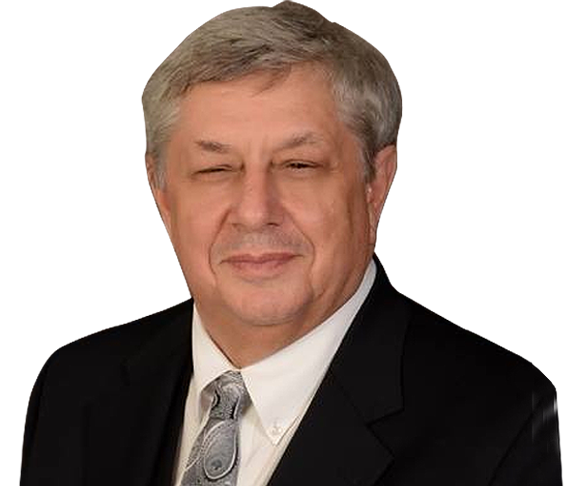Elder Law Lawyer in Portage County
Protecting Your Assets is Our Priority
You may be wondering if estate planning is something you should concern yourself with. You may have reached middle age, turned your thoughts toward retirement seriously for the first time, and have questions about this new phase in your life’s journey. Perhaps you have an elderly parent facing a chronic illness or disease, and you want to know they will be adequately cared for in their golden years. Whatever your situation, you need an experienced and compassionate attorney to guide you through the complex maze of Ohio’s elder law.
At Weisenburger Law Offices, LLC, your needs are our top priority. Our skilled elder law attorney will help you understand everything you need to know, whether it’s estate planning, setting up a guardianship or conservatorship, life insurance needs, long-term care insurance, Medicaid planning, or more. Weisenburg Law Offices, LLC is here for you. Protecting your assets is our priority. Call us at 440-771-8525 for a detailed case evaluation today.
What is Elder Law?
Elder Law is a broad legal term often tailored around the individual clients served. Generally speaking, an attorney offering services to clients in elder law will offer estate planning, including wills, trusts, and any administration therein; Medicaid asset protection and planning to prevent impoverishment; preparing powers of attorney for financial and healthcare situations; Medicare review; guardianship/conservatorship and advanced directive preparations. These are just a few services that an Elder law attorney might address. In truth, any legal matter concerning senior citizens would require an attorney focused on elder law. Wesienburger Law Firm, LLC is available to answer your questions.
What is a Guardianship and Conservatorship?
Some situations arise later in life in which it might be beneficial if someone you trust acts on your behalf regarding financial or healthcare matters. Examples of these situations would be the onset or progression of dementia, illness, or severe injury that leaves you incapacitated. No one likes to think about these things, but it makes sense to plan so you are not caught off guard when you can least afford to be.
Conservatorship- What You Need to Know
There are some critical facts about conservatorship you should remember.
- A conservatorship is a voluntary relationship wherein one party (the conservator) acts on behalf of someone who is mentally competent but physically unable under the probate court’s supervision.
- Conservatorship is concerned primarily with an individual’s estate, personal property, and business affairs.
- The probate court oversees the process. A petition is filed, and a hearing will be held whereby the court will evaluate the petition and ensure that the conservatorship is being sought voluntarily. The individual appointed is appropriate to have that role.
- A conservatorship can be terminated when the disabled individual prepares a written termination notice and files it with the court within 14 days of signing it. Additionally, if the disabled person dies or becomes mentally incompetent, the conservatorship will end.
Guardianship: What You Need to Know
Conversely, guardianship deals with the affairs of an individual who has been deemed mentally incompetent to handle their own affairs. The probate court appoints a guardianship.
- It can be an individual or a corporation
- It can be temporary and limited to handling only specific matters
- There are different types of guardianships. Generally speaking, they include guardianship over the individual themself or guardianship over the estate.
The guardian has a fiduciary duty to always act in the best interests of the person appointed to represent. Additionally, they may be held liable to the person they represent if they misuse property or other assets owned by the estate or any other losses resulting from the guardians’ failure to act with a reasonable duty of care.
The best way to understand how conservatorship or guardianship works is to seek the help of a qualified elder law attorney. Weisenburger Law Center, LLC has a knowledgeable and compassionate legal team available to answer your questions.
What is Medicaid Planning?
Plainly stated, Medicaid planning refers to the steps you can put in place not to ensure that you will be eligible for and able to obtain Medicaid overage to help pay the costs of your care if you ever require nursing home care. Currently, nursing home care stands at around $10,000/ month. Medicaid planning will help offset that. A qualified elder law attorney can discuss the best options for you and your situation to ensure you are prepared for any eventuality.
What is a Long-Term Insurance Policy?
As we age, we tend to worry about who will help care for us when we need help getting through the day and dealing with our daily needs like getting around, eating and drinking, or dressing and bathing. Sometimes, we are lucky enough to have friends or family who can help, but others don’t want to be a burden or don’t have people in their lives who have the time or resources available to help them. A long-term insurance policy can help.
These policies will pay a daily amount for care up to the policy limit for a limited time. Some factors may affect your eligibility. Elder care lawyers can thoroughly discuss your options.
When Should I Consult an Elder Law Attorney?
Getting older is a fact of life none of us can ignore. Ultimately, the best way to understand your options is to consult an educated and trusted elder law attorney. It is best to approach it with a plan. At Weisenburger Law Offices, LLC, your future is our business. Protecting your assets is our priority. We are on your side. Call 440-771-8525 for a detailed case evaluation today.





